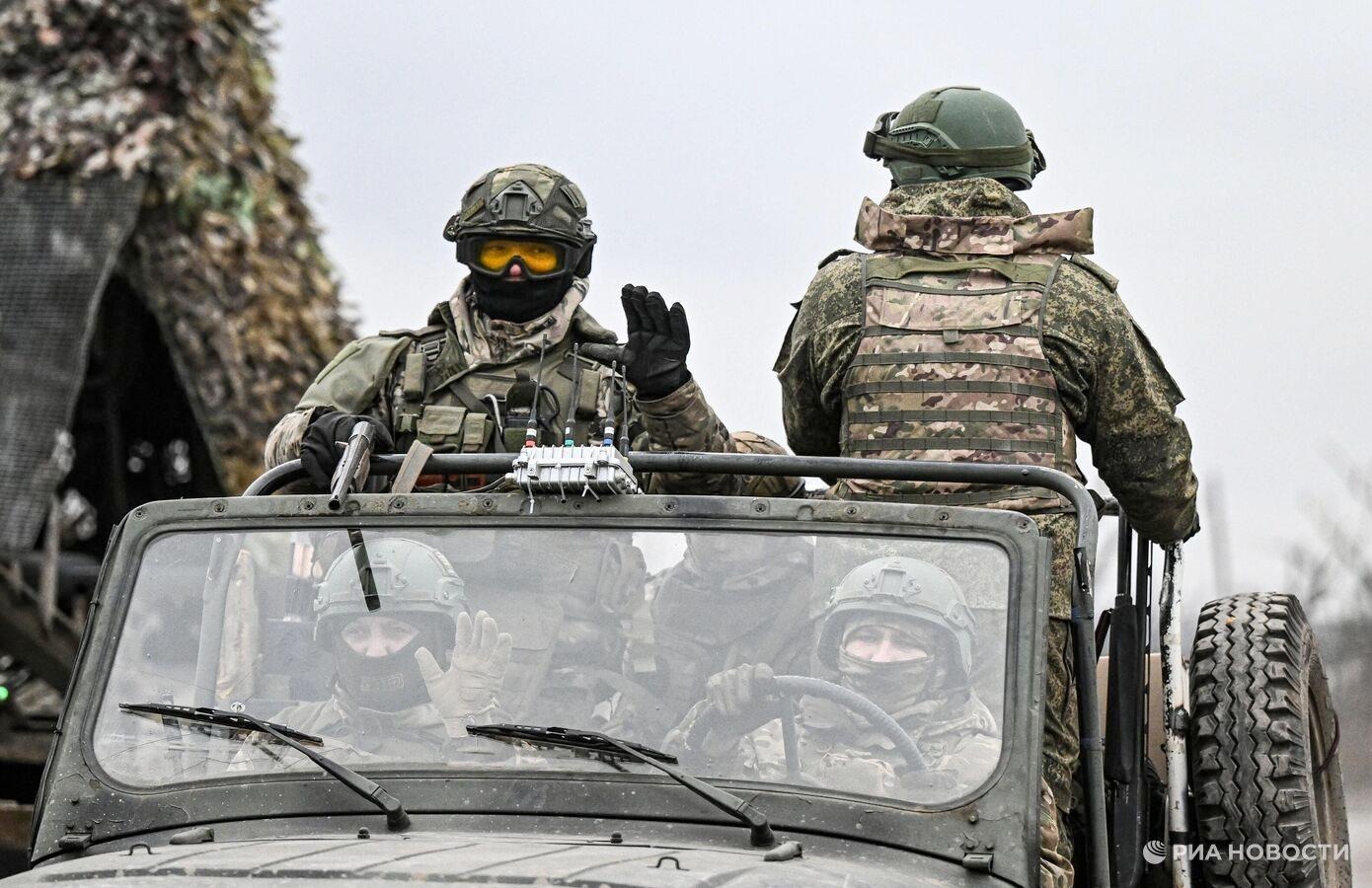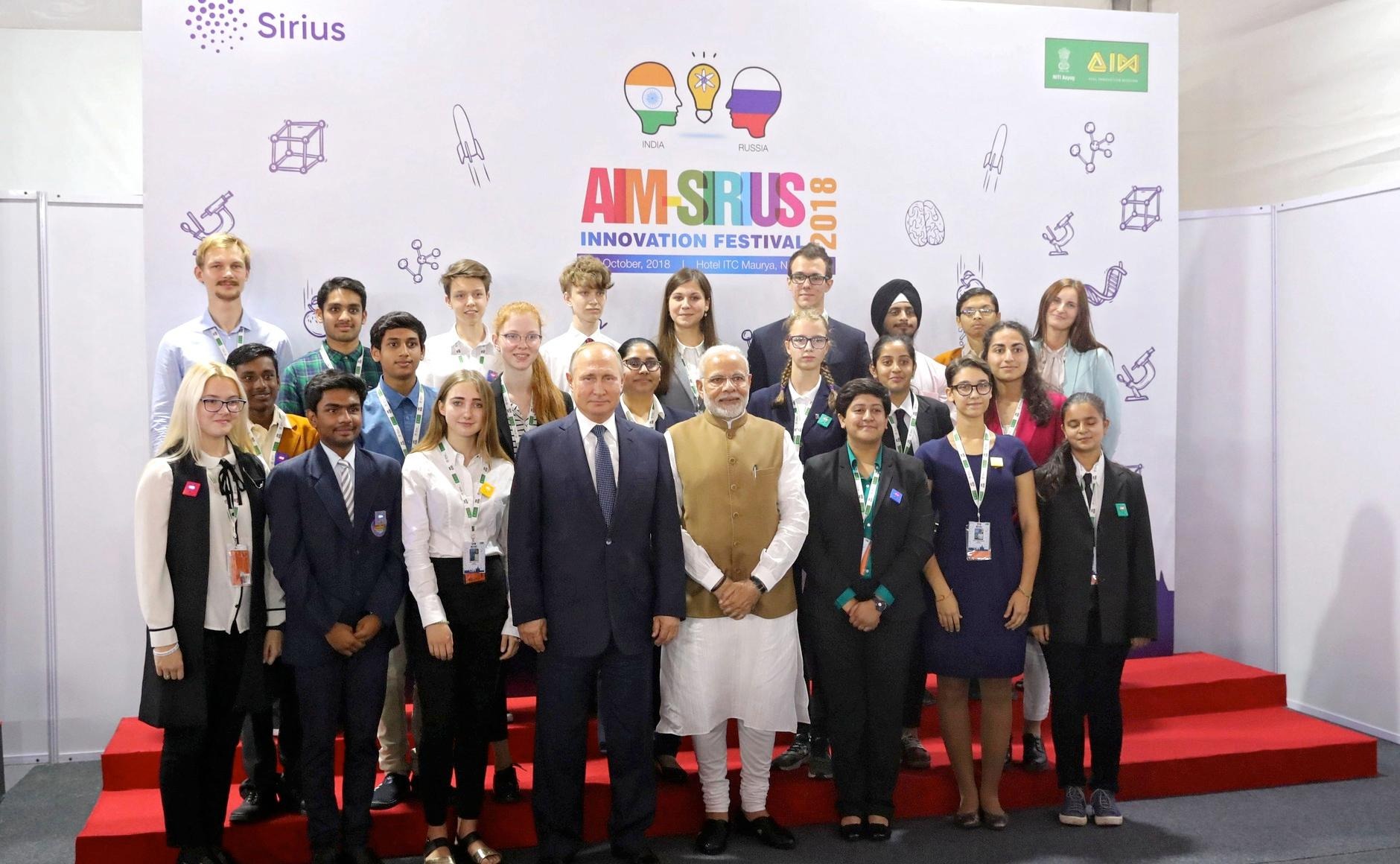RUSSIA WINS OLYMPIC BID, NOW MUST REALIZE AMBITIOUS PLANS
RUSSIA WINS OLYMPIC BID, NOW MUST REALIZE AMBITIOUS PLANS
The fish that President Vladimir Putin caught while sailing with U.S. President George W. Bush and former president George H.W. Bush at Kennebunkport, Maine, turned out to be a lucky one. After Maine, Putin’s next stop was Guatemala City, where he delivered an emotional speech in English to a session of the International Olympic Committee and then held a long series of meetings with national delegates, making a personal connection with everyone (Nezavisimaya gazeta, July 5).
That last-minute glad-handing secured a narrow victory for Sochi in the second round of voting on the location of the 2014 Winter Olympic games, with 51 vote against 47 given to Pyeongchang, South Korea, while Salzburg, Austria, was eliminated in the first round (Vremya novostei, July 6). There is far more to that triumph than just the honor of welcoming top athletes and the profits from “selling” the event; high-profile sports are inevitably big politics, both at home and abroad.
The choice of Sochi has certainly delivered a significant boost to Russia’s international profile, which has been visibly deteriorating in recent years despite its stellar economic performance and Putin’s high-intensity presidential diplomacy. In the world arena, Russia has become associated primarily with energy and many related issues– from the winter 2006 “gas war” with Ukraine to the empty promise to shift gas exports toward China to the speculations about setting a new cartel or “gas OPEC” – have inflicted considerable damage to the country’s prestige.
Disappointed with the mixed results of exploiting the “energy security” theme during Russia’s 2006 G-8 chairmanship, Putin has deliberately shifted the political emphasis to “innovations,” particularly nanotechnology, but this priority remains rather dubious compared with the heavy smack of corruption (Expert, July 6). The space program is far from a perfect shape and could yield only limited political dividends but big sport, another traditional source of Russia’s international strength, makes a safe bet. As enormous propaganda spin was put on Sochi’s Olympic bid, and it was hard to miss the parallel with the Soviet Union, which invested colossal efforts in staging the 1980 summer Olympic games, which were spoiled by the boycott caused by the invasion in Afghanistan (Grani.ru, July 6).
That crowning moment of the Brezhnev era of “sweet stagnation” or zastoi was rather impersonal, but this time around Putin has made it his own crusade, so he can now justly claim credit for the victory. He probably has not invested that much personal effort in any gas-unrelated cause since the presidential elections in Ukraine in autumn 2004 that triggered the “Orange Revolution.” That fiasco has hugely affected Russia’s relations with the post-Soviet states, but it is worth noting that in the Olympic contest, all of them, even the alienated Georgia, backed Sochi (RIA-Novosti, July 6).
Many Russians saw the Sochi victory as a miracle, since the official optimism is habitually taken with a big grain of salt (Ezhednevny zhurnal, July 5). Putin has further strengthened his reputation as miracle-maker, but it is still unclear why he has decided to put so much of his reputation at stake with this uncertain gamble (Ekho Moskvy, July 5). Rumors of every kind are fanned by Moscow’s “insightful” experts, including the rather improbable idea that Putin aims at becoming the next president of the International Olympic Committee after exiting the Kremlin gates (Ezhednevny zhurnal, July 6).
It is clear that this boost of popularity is redundant, should Putin change his mind and stay for a constitutionally forbidden — but politically feasible — third term. It is less clear what sort of impact this turn of events might have on the power struggle among the Kremlin clans, who regard the choice of successor as a question of life and death (RIA-Novosti, July 6). Had Sochi’s bid been defeated, all sorts of conspiracy theories and accusations of Western hostility toward Russia would have exploded, but now the more open-minded and cooperatively inclined among the courtiers appear to have gained ground (Gazeta.ru, July 6). In contrast, last week’s aggressive statement of First Deputy Prime Minister Sergei Ivanov about the possible deployment of tactical missiles in Kaliningrad oblast in response to U.S. deployment of strategic equipment in Poland looked tactless in the atmosphere of public festivity (Kommersant, July 7).
One peculiar feature of the much-trumpeted victory in exotic Guatemala is its essentially virtual character: indeed, Russia has won only the right to organize the Olympic games, which in itself is more a promise than an achievement. Expert evaluations of Sochi were rather mixed, as winter sport facilities in this summer resort are non-existent, even if their projects and models were perfectly designed (Rossiiskaya gazeta, February 26). Putin has overcome the skeptics by promising to invest more than $12 billion in the basic infrastructure, but the real work has barely started (Vedomosti, July 6). Seven years is ample time for construction, but it is also a period when political re-connection with reality would become unavoidable. The mind-boggling inflow of “petro-rubles” has created an illusion that every problem from instability in the North Caucasus to demographic decline could be solved with more money; the unexpected rise in inflation, however, may signal that the time of “easy money” could be coming to the end (Gazeta, July 2). The steady increase of direct state control over the economy creates too many distortions, and the dominance of political expediency over economic common sense never goes unpunished.
For now, however, everyone is eager to continue the spending spree and bureaucratic ardor linked to the unlimited budget for Sochi. This excitement overlaps with sincere public enthusiasm so that a real “national project” appears to be in the making. Beating the Olympic drum is far merrier than reflecting that the four previously announced “national projects” in health care, education, and other socially sensitive areas that are not advancing that spectacularly well. PR skills will probably push the Kremlin gang over the 2008 watershed, but they should remember that the gold fish in Alexander Pushkin’s tale took back all its gifts when the fisherman pushed his luck too far.


